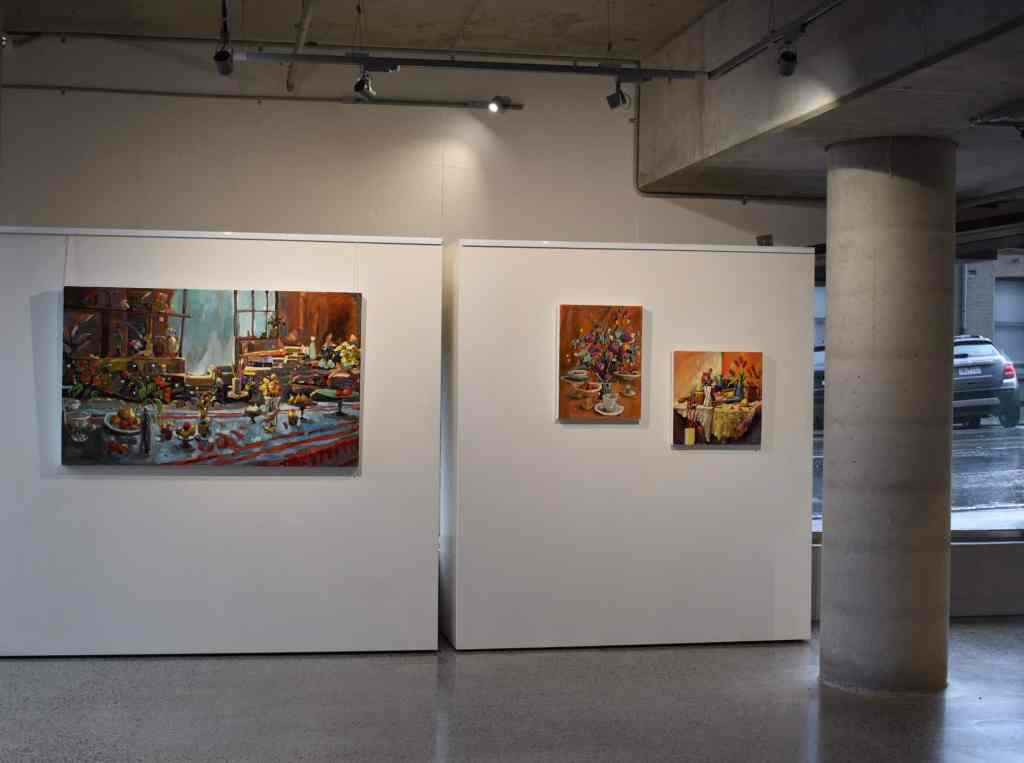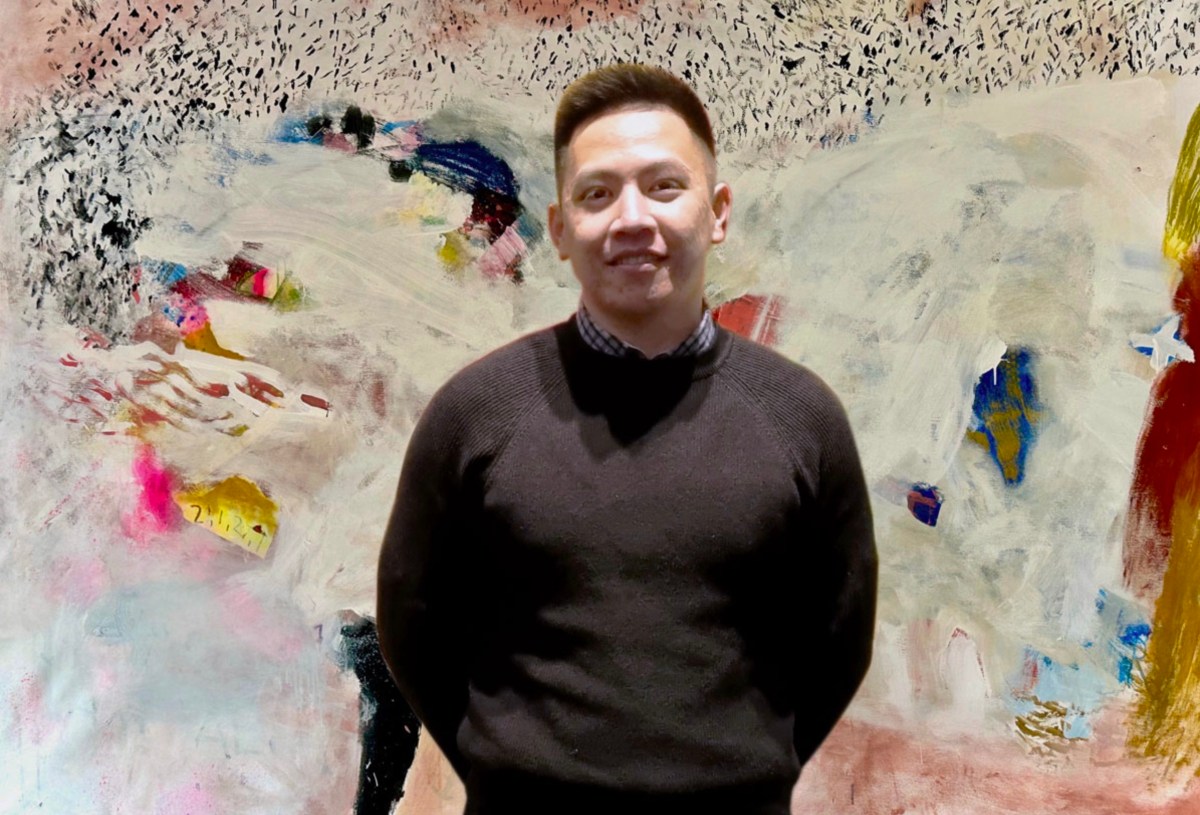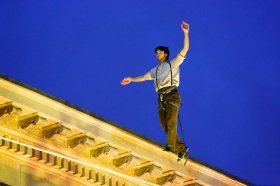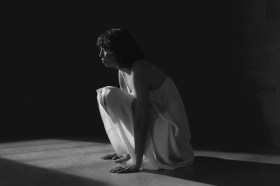‘Coming out of the pandemic, many people in the arts feel like they have left the frying pan only to enter the fire,’ says Michael Fox, Principal at Michael Fox Arts Accountant and Valuer (MFAAV). ‘But the lessons of the last three years are important for people in the arts to succeed.’
He tells ArtsHub that we need to keep responding to the challenges of the times we are living in, especially at tax time.
‘The natural tendency for everyone is to just say, “Well, thank God that’s over. Let’s go back to the way things were before.” But, I don’t think we are. We need to adopt and learn new ways – we are in a very different but volatile world – particularly with cost-of-living pressures as interest rates are increasing.’
Fox says that one of the strategies for survival is ‘that you really have to get your house in order, more than anything else’.
Fox recounts talking to a music promoter who had let himself get way behind on his tax obligations while just trying to cope with the pandemic. ‘It got to the point of him saying, “I’ve had enough, I just want to get a job and walk away from the tax debt.” But persistence has meant that he can continue his arts business, and turned it around.’
He says that as a specialist accountancy firm, his company has had to face ‘a lot of tough discussions over the last few years’.
‘I am saying to people, if you want to be in this game, you can’t run away from your obligations.’
MFAAV responded to the COVID pandemic by providing complimentary services to its clients to access government grants.
Fox says one of the biggest mistakes made across the board is that creatives are ‘more focused on their practice than how to present the information to an accountant, so they overthink the situation. You don’t need to be a perfectionist,’ he explains.
‘The reason why a lot of creatives fall behind on their taxes is because they’re trying to get every single item documented in every possible way. We don’t need to receive access to a Google Drive with 500 documents. We rely more on summary information first, rather than detailed information. That’s a better approach.’
Many accountancy practices have struggled with the shortage of staff, so MFAAV has intensified its bookkeeping services, especially in its Hobart office to keep its sector support dynamic.
‘My team has been involved in so many rescue missions with the pandemic, it has becomes quite exhausting. The labour market has changed a lot and there’s a shortage of good accountants with knowledge of the arts industry,’ explains Fox.
He says that on top of those pressures, there are a number of new ATO requirements, such as STP (single touch payroll) and the upcoming payday super, which will impact any creative or arts business that employs people.

Advice for individual creatives
Asked whether tax for artists is just a confidence game – to switch the thinking to “Hey, I’ve got this,” Fox says, ‘yes, but education is always the starting point.’ He shares his knowledge on his blog.
MFAAV has about 2500 artists and arts companies on its books, so it is very seasoned in that specialist knowledge, such as changes to what one can claim for a home office. ‘The Tax Office caught everyone by surprise by announcing that those rules we had relied upon for the last two years, suddenly ended on 28 February this year. So, in this current financial year, you’ve got two rules for home office: one before 28 February and one after that date, which is not very generous at all’
The main difference? Fox says if you were sharing the place with three other people working from home, they could all make the same claim – after 28 February you can claim only a quarter.
And confusion of whether to register for GST or not? Fox says simply, ‘It not easy to enter the GST system,’ describing it as ‘unfriendly to artists’.
He continues: ‘If you’re a visual artist, for example, the GST system makes you a price taker, not a price maker. Because you put a painting on a wall of a gallery for $10,000 not $11,000 to include the GST. Whereas, with services, if you’re an arts administrator, you’re not losing in that way.’
His advice for visual artists is to, ‘wait until you clearly have that $75,000 threshold before you have to register’.
His final tip relates to travel, saying, ‘Make sure you diarise your travels to make sure that it’s very clear what the purpose of the trip is.’
Advice for arts organisations
Fox says the introduction of STP – an automation of your payment summary at the EOFY – has left a ‘lot of people very confused because they’re used to receiving the payment summary at the end of the year. And as an employer, you need software to be able to do that. This is partly why it’s important to have an accountant who understands how to do this for you.’
But he adds that you don’t always need top drawer accounting software products. ‘In many, many cases, people use Xero as a glorified invoicing system. They don’t use it for anything else, but their invoices look good. It’s expensive, so we can find different solutions for that,’ he adds.
But the greater challenge will be payday super. ‘It’s going to be a very big change, and will probably force a lot of businesses to consider whether they should continue being in business, as it will drastically impact their cash flow.’ He adds that arts employers need to be considering pathways for this now.
The scheme basically means that super is paid at the time of every payroll or invoice, and is not exclusive to small to medium arts organisations, but will also include artists employing assistants. ‘The Tax Office position would be that they’re not an independent contractor; they are what’s described as a shadow employee and, therefore, superannuation would be payable,’ explains Fox.
His key tax advice for organisations: ‘It comes down to systems, and to make sure they’re using the right software. If they’re employing people, then they have to understand they’ve got obligations with single touch payroll, and super. And, don’t always rely on the software. Your bank reconciliations are just as important.’
MFAAV is a specialist arts accountancy practice that looks after the needs of visual artists, writers, actors, models, the film and television industry and creative professionals across Australia
For help with your arts accounting needs contact, Michael Fox Arts Accountant & Valuer.





